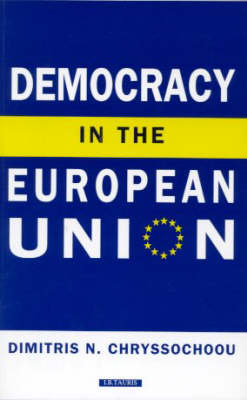Aiming to capture the dominant character of the relationship between democracy and European integration, this book offers an account of alternative approaches to the origins, nature and development of the "democratic deficit" of the European Union. Its central thesis is that such a "deficit" stems as much from the inadequacy of existing institutional arrangements to meet the requirements of democratic shared-rule as it does from the absence of a traditional demos, capable of directing its democratic claims to and via the central institutions. Such an analysis addresses the questions not only of who governs, but also of who is governed, suggesting that democracy cannot exist without a demos conscious of its political identity. The author maintains that the more the Union approximates to a politically organized "union of peoples", the greater the possibilities for developing democracy within its structures. Thus, what is absolutely essential for the democratization of the Union is the development of a "sense of community" among its component state/citizen parts.
It is also suggested that the present Union approximates to a new type of collective entity, based on the properties of consensus elite government. The crucial question is whether the emerging European polity can move beyond executive dominance and transform itself from democracies to democracy.
- ISBN10 1860643361
- ISBN13 9781860643361
- Publish Date 31 December 1998
- Publish Status Out of Print
- Out of Print 24 June 2008
- Publish Country GB
- Publisher Bloomsbury Publishing PLC
- Imprint I.B. Tauris
- Format Hardcover
- Pages 192
- Language English
